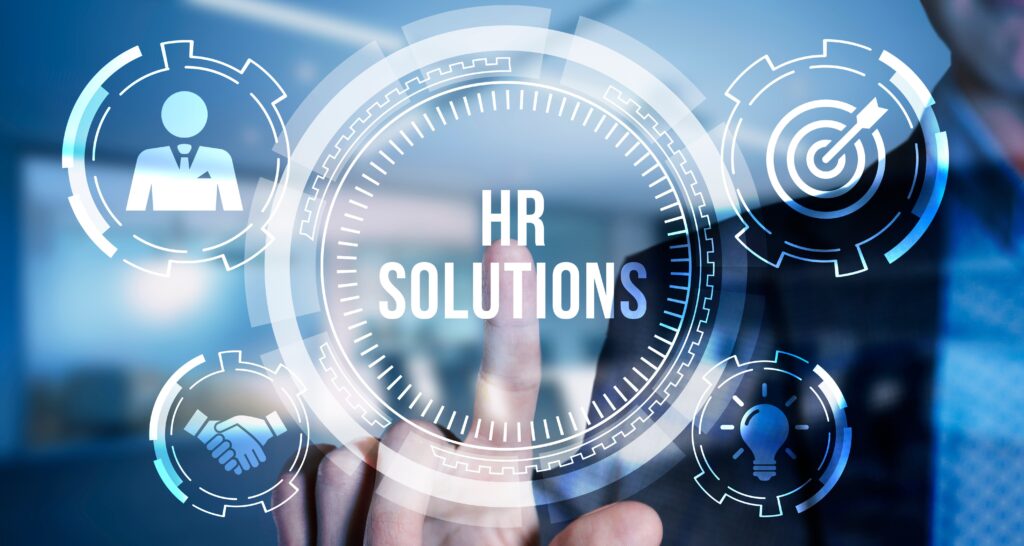ACA mistakes can result in some serious penalties for employers. But, as we all know, staying in compliance with the Affordable Care Act (ACA) is time-consuming and complicated — and can also be riddled with issues that pop up and make your IRS filings nearly impossible. So, what’s an employer to do? Keep reading to find out the top ACA mistakes so that you can start avoiding them today and how to get some professional help along the way.
Don’t risk making costly mistakes that could derail your business when you count on the compliance professionals at America’s Back Office. Find out more about how working with a Professional Employer Organization (PEO) can benefit you by clicking here.
Top ACA Mistakes
The most common ACA mistakes that result in the highest penalties include:
Mistake #1: Misclassification of Employees
Businesses are required to classify their employees with the appropriate classifications in order to ensure the appropriate amount of income taxes are being withheld and Social Security and Medicare taxes are paid by employees. If your employees are classified wrong, you will end up underpaying or overpaying them.
IRS employee classifications include:
- Full-time
- Part-time
- Variable-hour
- Seasonal
If the IRS determines an employee has been misclassified, the employer could face the following penalties:
- A $50 fine for each Form W-2 you failed to file.
- Three percent of the wages.
- Up to 40 percent of the FICA taxes that weren’t withheld from the employee.
- Up to 100 percent of the matching FICA taxes you should have paid.
- If the IRS determines an employer purposely misclassified employees, the penalties are steeper.
Mistake #2: Inaccurately Tracking Employment Periods
It is incredibly important to accurately document and report employee time periods in order to accurately determine ACA full-time status. You should regularly be tracking:
- Hire dates
- Termination dates
- Rehire dates
- Breaks in service
Mistake #3: Health Benefits Not Considered
Considering health benefits as part of the Affordable Care Act may seem glaringly obvious — but employers still make this mistake. You must carefully consider the health plans you offer your employees and ensure documentation is readily available that details the quality of the health plan, cost, who it’s offered to and the time frames. It’s also important to account for special plan arrangements such as flex credits, opt-out payments and HRAs.
Meet with and ABO professional today to learn how we can help you excel with our turn-key solutions.
Mistake #4: Failing to Perform an Aggregated Employer Group Analysis
A significant IRS penalty can be imposed if an employer fails to accurately group related entities under the Affordable Care Act. In many cases, businesses may not classify as a full-time employer in their individual capacity, but when they are grouped together via an Aggregate Employer Group Analysis, they form an applicable large employer (ALE) and therefore must follow the rules set forth in the ACA’s Employer Mandate.
Mistake #5: Failing to Apply the Appropriate IRS-Approved Measurement Methodology
The IRS has approved two measurement methods — each benefits certain workforces. Failing to apply the measurement method accurately for your business can lead to inaccurate full-time counts and ensuing significant penalties from the IRS.
Penalty Notices
If you make one of the above-mentioned ACA mistakes, you will likely receive one of the following notice(s) from the IRS:
- Letter 226J: This is the most widely scrutinized notice and is sent to employers the IRS suspects have failed to meet ACA compliance requirements.
- Letter 297CG: If an employer files their ACA information after the deadline, this is the notice they’ll receive.
- Letter 5699: If the IRS has a request for specific information from an employer, they will send this notice that will turn into a penalty if unanswered or unsatisfied.
- Letter 5005A: Form 1095-C is used to report the insurance coverage provided by a business entity; If they are not distributed to employees and filed properly, a penalty notice could be filed.
IRS penalties for non-compliance can send any business into crisis mode. Did you know that PEOs are specially trained in navigating our clients through crises? Read the nine benefits of working with a PEO during a crisis here.
How America’s Back Office Can Help
America’s Back Office is an IRS-certified PEO — a claim that only four percent of all PEO companies can make! We have decades of experience helping businesses grow by taking HR-related tasks off their plates so they can focus on more pressing issues. Contact us today to learn more about how we can help you take your business to the next level.


